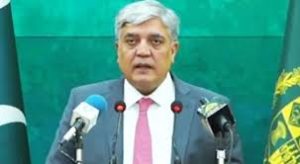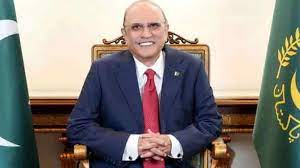Italy: Monte Paschi Bank restarts dividends after 13 years

Rome: Italian bank Monte dei Paschi di Siena reported Wednesday a net profit of 2.05 billion euros for 2023, and said it would pay its first shareholder dividends in 13 years.
The results from MPS, the oldest bank in the world, were well above expectations of Factset analysts — who had expected a net profit of 1.29 billion euros ($1.39 billion)– and the bank’s own goal of more than 1.1 billion euros.
It represents a major reversal in fortunes for an institution long considered the weak link in Italy’s banking system, which reported a loss of 178.4 million euros in 2022.
Two years ahead of the goals set out in its strategic plan, MPS said it will once again pay out dividends based on its 2023 results.
In the fourth quarter, the bank’s net profit was seven times that of the previous three months, at 1.12 billion euros — again significantly higher than expectations.
Revenues increased by 21.7 percent to 3.79 billion euros in 2023, fuelled by the income generated by the rise in interest rates and a reduction in provisions for legal risks.
The bank has been mired for years in court cases, notably the convictions in 2020 of former Chairman Alessandro Profumo and former Director General Fabrizio Viola for market rigging and false accounting.
Current Chief Executive Luigi Lovaglio said putting the bank back on track while the disputes were hanging over them had been like “climbing a mountain with a heavy backpack”.
But the bank has now been able to free up some 466 million euros in money set aside for its legal issues in the fourth quarter.
“We can increase the pace and focus our attention on commercial activities,” Lovaglio said in a conference call with analysts.
Milan prosecutors are, however, pursuing another case against Profumo and Viola over the way MPS recorded bad debts it had written off between 2014 and 2016.
Also involving Massimo Tononi, another ex-chairman of MPS who now heads Banco BPM, the case went to trial in May last year.
MPS, which was founded in Siena in 1472, ran into trouble during the eurozone debt crisis.
On the verge of bankruptcy, it received in 2017 an EU-approved bailout of 5.4 billion euros of public money that made the Italian state its majority shareholder.
Under pressure from the European Commission to reduce its stake, Rome cut its initial share in the bank in November 2023 from around 64 percent to just over 39 percent, selling part of its shares on the markets.





